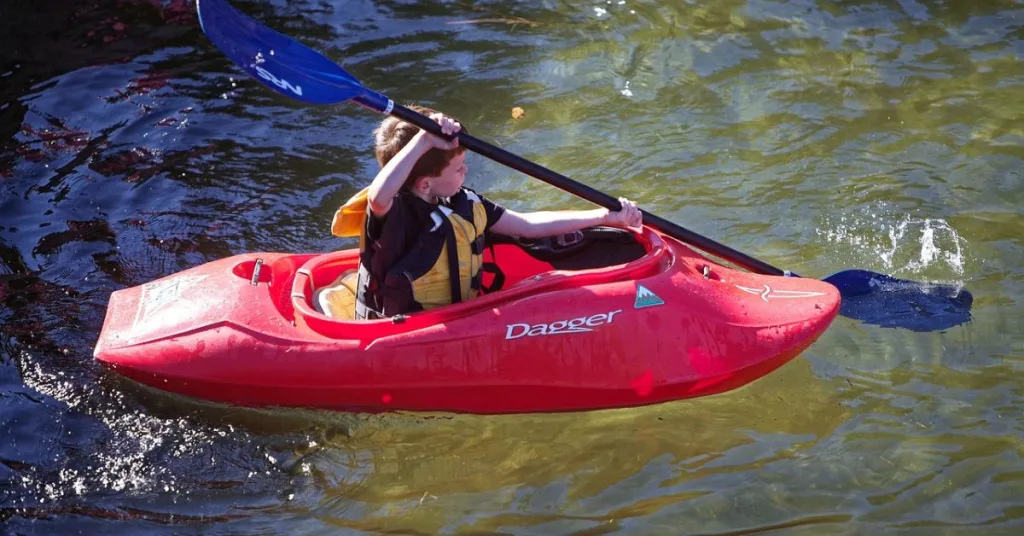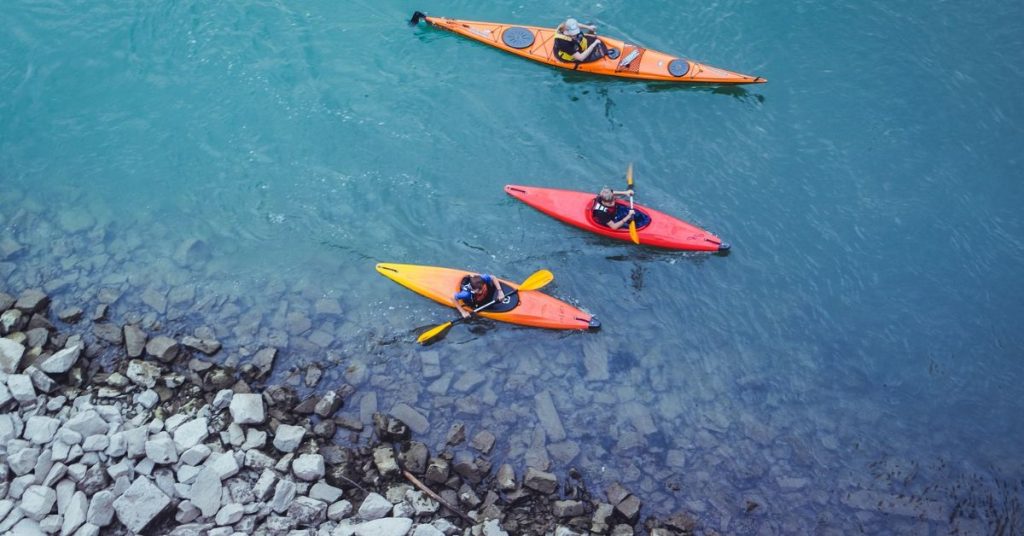When it comes to kayaking, many people wonder if they need a boating license to hit the water. It’s a valid question, especially for those new to the sport or considering purchasing their first kayak. In this article, we’ll dive into the world of kayaking licensing requirements, explore kayak regulations, and discuss whether you need a kayaking certification to enjoy this popular water activity.

Understanding Kayaking Licensing Requirements
Unlike motorized boats, kayaks are generally exempt from boating license requirements. This is largely because kayaks are non-motorized, making them less of a concern when it comes to waterway traffic regulations and safety. However, rules can vary depending on where you live or plan to paddle, so it’s crucial to understand the specific requirements in your area.
State-Specific Regulations
In the United States, each state has its own set of regulations regarding kayaking. Most states do not require a license for kayaking, but there are exceptions, especially if you plan to use a motorized kayak. For example, in some states, if your kayak is equipped with a trolling motor, it might be classified differently, which could necessitate a boating license.
To ensure you’re compliant, always check with your local Department of Natural Resources or equivalent authority for state-specific kayaking licensing requirements. They can provide you with the most up-to-date information on whether you need a license or any additional permits for your kayak.
International Considerations
If you’re planning to kayak internationally, be aware that licensing requirements can differ greatly from one country to another. Some countries might require a license or permit, even for non-motorized kayaks, especially if you’re planning to kayak in protected or heavily trafficked waters. Always research the local regulations of your destination to avoid any surprises.
Kayak Regulations You Should Know
While you might not need a boating license, there are other important regulations and safety guidelines to consider when kayaking.
Safety Equipment
Regardless of licensing requirements, safety should be your top priority when kayaking. Here are some basic safety equipment recommendations:
- Personal Flotation Device (PFD): Most places require you to have a PFD on board for each person. It’s wise to wear it at all times, even if it’s not mandatory.
- Whistle or Sound Producing Device: This can be crucial in signaling for help or alerting others of your presence.
- Navigation Lights: If you’re kayaking at night or in low visibility conditions, lights can help others see you.
Right of Way and Navigation Rules
Kayaks, like any other vessels on the water, must adhere to navigation rules. Generally, kayaks should yield to larger, motorized boats. When paddling near other vessels, make sure to stay visible and predictable in your movements to avoid collisions.
Environmental Considerations
Many waterways have rules in place to protect the environment. These might include restrictions on where you can launch or land your kayak, as well as guidelines on wildlife interaction. It’s essential to respect these regulations to preserve natural habitats and ensure the continued enjoyment of kayaking for everyone.
Do You Need a Kayaking Certification?

While a kayaking certification isn’t typically required by law, it can be highly beneficial, especially for beginners. Here’s why you might consider getting certified:
Skills Development
A kayaking certification course can teach you essential skills such as proper paddling techniques, self-rescue methods, and how to handle different water conditions. These skills can enhance your safety and enjoyment on the water.
Confidence Building
For new kayakers, building confidence is key to enjoying the experience. Certification courses provide hands-on practice under the guidance of experienced instructors, giving you the confidence to paddle safely and efficiently.
Access to More Opportunities
Some kayaking clubs or rental services may require certification to participate in certain activities or access specific equipment. Having a certification can open up more opportunities for exploration and adventure.
Conclusion
In summary, while you generally do not need a boating license for a kayak, it’s important to be aware of the specific kayaking licensing requirements and regulations in your area. Always prioritize safety by using the proper equipment and adhering to local waterway rules.
Consider taking a kayaking certification course to improve your skills and boost your confidence on the water. With the right preparation and knowledge, you can enjoy kayaking to its fullest, whether you’re paddling on a serene lake or navigating exciting rapids.
Also Read
